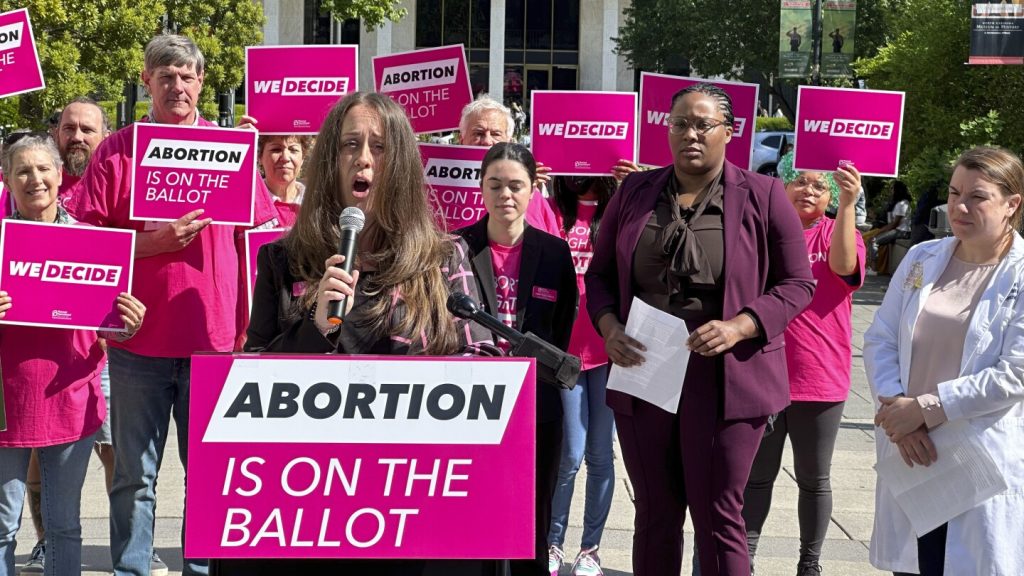A federal judge in North Carolina ruled that some restrictions on dispensing abortion pills imposed by the state are unlawful and frustrate the goal of Congress to ensure the safe distribution of the drug. The judge granted a partial victory to a physician who performs abortions and challenged the regulations beyond those addressed by the FDA. However, other restrictions such as requiring an in-person consultation 72 hours in advance and an ultrasound before prescribing were allowed to remain as they have not been expressly reviewed and rejected by the FDA.
Democratic Attorney General Josh Stein, who supported abortion rights, did not defend the additional restrictions in court as his office believed they were preempted by the FDA. Republican legislators enacted new abortion laws in 2023 that imposed stricter restrictions on abortions, including medication abortions. Violating these rules can result in criminal, civil, and professional penalties. GOP legislative leaders, who supported the restrictions, argued that the FDA did not have specific powers to regulate abortion drugs nationwide.
The FDA approved mifepristone in 2000 for ending pregnancy when used in combination with another drug. The pills are now used in more than half of all abortions in the U.S. The U.S. Supreme Court heard arguments from anti-abortion doctors who sought to restrict access to mifepristone, but the justices did not seem inclined to do so. The FDA had already removed some of North Carolina’s restrictions on the drug as unnecessary, allowing women to receive a prescription online and have the pills delivered by mail.
When the FDA establishes a program for a higher-risk drug and removes certain limits, the state cannot reimpose those restrictions based on safety concerns. However, requirements related to broader health concerns and informed consent for pregnancy termination are not preempted. The ruling by the federal judge could be appealed by the GOP legislative leaders who supported the restrictions. The physician who sued expressed satisfaction with the decision that addressed restrictions conflicting with the FDA’s expert judgment.
Overall, the ruling by the federal judge in North Carolina highlighted the ongoing legal battles surrounding abortion regulations in the state. While some restrictions were deemed unlawful for interfering with the FDA’s guidelines, others were allowed to remain in place. The debate over abortion rights and access to medication abortions continues to be a contentious issue, with both Democratic and Republican lawmakers taking opposing stances on the matter. The implications of this ruling could have a significant impact on the provision of care to patients seeking abortions in North Carolina.
Federal Judge Rules Some North Carolina Abortion Pill Restrictions Unlawful
You Might Like
© 2024 West Observer. All Rights Reserved.


